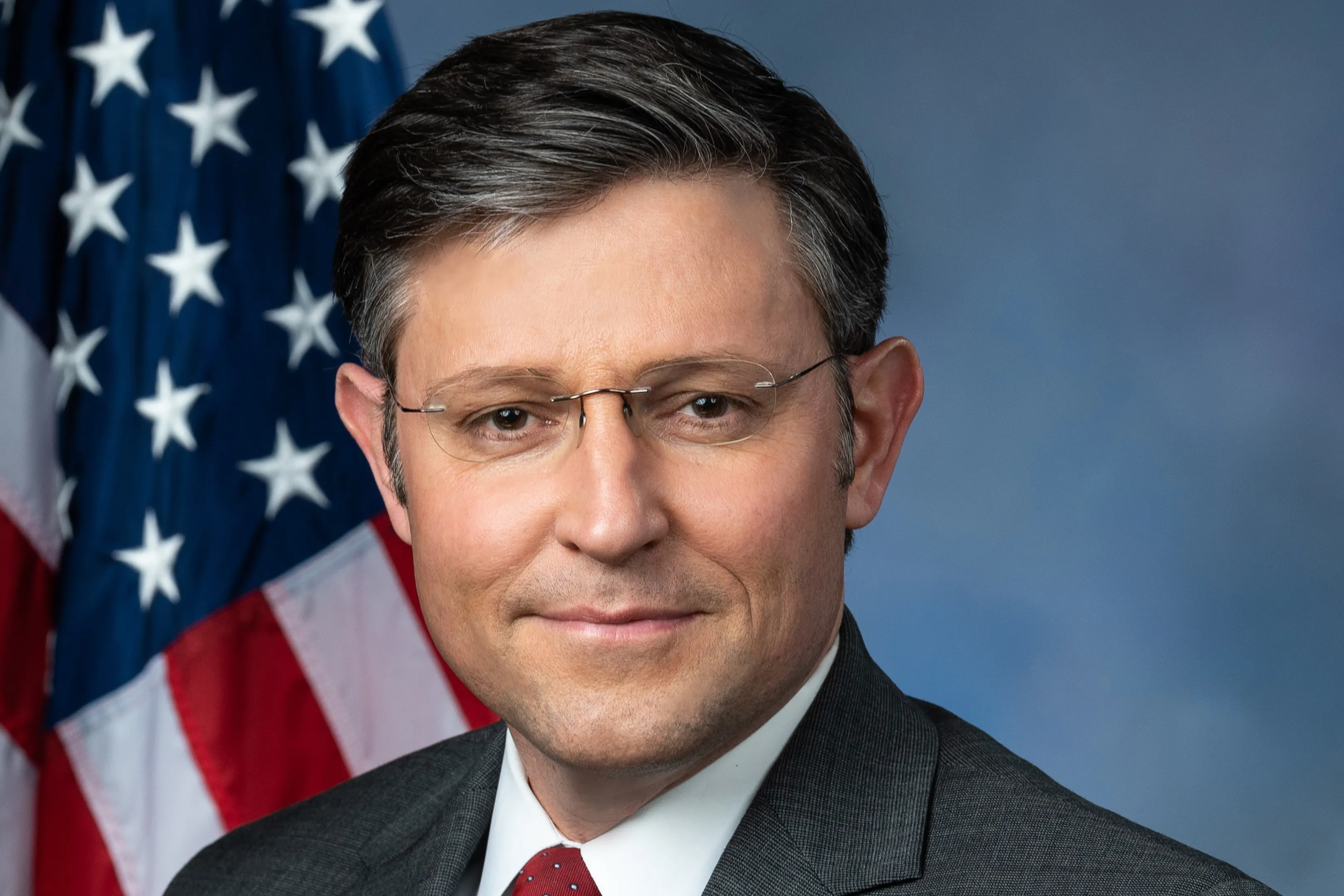
Daily Audio Newscast - January 1, 2025
© AlexLMX - iStock-823000260
Six minutes of news from around the nation.
More than 80% of Puerto Rico customers remain without power after a massive outage; AARP Connecticut looks to 2025 legislative session to help residents; Rural towns face proposed postal delays in 2025; SD's Native population sees 'double whammy' of health barriers.
Transcript
The Public News Service Daily Newscast for New Year's Day, January 1, 2025.
I'm Mike Clifford.
A critical failure in Puerto Rico's power grid has caused a massive blackout affecting a large part of the island.
That from CNN.
They report the New Year's Eve blackout began Tuesday morning around 5.30 a.m.
That's according to Lumina Energy.
CNN reports the outage initially knocked out power to nearly 90 percent of customers as of 4 p.m. Eastern Time.
Approximately 1.2 million users, or more than 80 percent of customers, were still without power, but service was restored at hospitals and other major facilities, including the Water and Sewer Authority.
And with 2025 just arriving, Connecticut organizations are preparing for the next legislative session.
The 2025 session won't be as short as 2024's, and after some committee shortcomings, there's growing hope more legislation will be passed to help the state's older residents.
AARP Connecticut says it will target topics like predatory lending, making utilities more affordable and improving nursing home care.
Nora Duncan with AARP Connecticut says they want to focus on pocketbook issues.
We need to fight for the priorities that can impact the most amount of people to help reduce their cost of living, to make Connecticut a great place for people to live, age and retire.
The latest Alice update finds salaries for most Connecticut jobs don't pay enough for monthly expenses like rent and utilities.
Alice stands for asset limited, income constrained and employed, referring to folks who are working but still can't cover their bills.
Electric utility Eversource has announced a 24 percent rate increase starting in 2025.
Federal data shows Connecticut has some of the highest energy costs in the country.
I'm Edwin J. Vieira.
Meantime, the Postmaster General has proposed reduced delivery days and other changes starting in the new year, which could impact rural states like New Hampshire.
In addition to forever stamp price increases, residents farther than 50 miles from a regional processing center could experience at least a one-day delay in mail delivery.
Annie Norman with the Save the Post Office Coalition says mail is a virtual lifeline for medicines and needed farming supplies.
We're talking about seniors and veterans, folks with disabilities, indigenous communities and they all need the Postal Service to pay bills and get their social security checks.
Adjusting mail pickup and drop-off times between post offices and New Hampshire's two processing plants to lower transportation costs is another idea under consideration.
The changes could save the agency $3 billion annually.
The Post Office relies on postage and product sales and services to fund its operations.
The USPS has faced declining mail volume due to more online services.
Rising fuel costs for delivery trucks have hurt its bottom line, as well as competition from private delivery companies.
Norman says the Postal Service knows its traditional mail delivery model is outdated.
I'm Catherine Carley.
This is Public News Service.
Funding for Indian health services has increased over the past decade, but the agency remains underfunded.
In 2021, the life expectancy of a Native American or Alaska Native in the US was just over 65 years.
That's 11 years less than non-Hispanic white people and the biggest gap since 1940.
The IHS must provide health care for Native people.
The former Tribal Health Administrator for the Rosebud Sioux Tribe, Damon Leadercharge, said in a panel discussion that care can be hard to get.
He says people in his tribe who want to use IHS to give birth have to travel 90 miles to Pine Ridge.
We're not having our babies within our tribal homelands.
If our young parents don't have those type of teachings in terms of maternal child health, that sacred being is going to really start off on the wrong foot.
IHS funding has increased 68 percent over the past decade, but experts say it's still too low.
In 2017, IHS spending per capita was less than half the spending for veterans and less than one-third for Medicare, according to the National Council of Urban Indian Health.
Danielle Kenyon with USD's Sanford School of Medicine says the problems are multi-pronged, so the solutions must be two.
In our state, the tribal lands have a double whammy of facing both the historical piece and being rural.
So we really need to not only grow the hospitals and the providers, but approach this from that health equity lens.
She says that means looking at social determinants of health, which include other qualities of life that relate to health, like access to healthy food and educational and economic opportunities.
I'm Kathleen Shannon with Public News Service.
Finally, former President Jimmy Carter, who passed away on Sunday at 100 years of age, had a huge impact on the Golden State.
Far beyond the presidency, that's according to California nonprofit leaders.
Carter and his wife Rosalind volunteered for four decades with Habitat for Humanity, helping to build more than 200 homes in California and more than 4,000 nationwide.
Erin Rank, president of Habitat for Humanity Los Angeles, says Carter's selfless example has inspired thousands of people over the years.
And we hear from the homeowners who talk about the impact that had on the trajectory of their life, both to have a stable place to live, but also to have a president who is humble enough to show up and get his hands dirty and really build.
Rank says she'll join a number of families helped by the Carters to pay homage in Washington, D.C. next week when he lies in state at the Capitol Rotunda.
I'm Suzanne Potter.
They note that Carter was also a major opposition figure, condemning the failed Briggs Initiative that would have banned LGBTQ+ people from teaching in public schools.
Wishing you a happy New Year.
This is Mike Clifford for Public News Service.
Member and listener supported.
Hear us on interesting radio stations, your favorite podcast platform.
Find our content and trust indicators at publicnewsservice.org.
Finally, in January, low-wage workers in Tennessee will be missing out on pay hikes that are going to be seen in 23 other states.
We get the details from our Daniel Smith.
In the new year, the minimum wage will reach or exceed $15 an hour for some or all employees in eight states and 47 cities and counties.
Jeff Strand of the Tennessee Disability Coalition says the state's current minimum wage of $7.25 an hour is simply too low, especially for people with disabilities.
He points to research that shows it costs more to live with a disability in Tennessee, making a higher wage even more crucial.
And so nationwide, it costs 27 percent more income to achieve a same standard of living as someone without a disability if you have a disability.
In Tennessee, that number is 51 percent more income to achieve that same standard of living, bigger effect on people with disabilities.
This is Mike Clifford for Public News Service, member and listener supported.
Hear us on interesting radio stations, your favorite podcast platform.
Find our content and trust indicators at publicnewsservice.org.

















